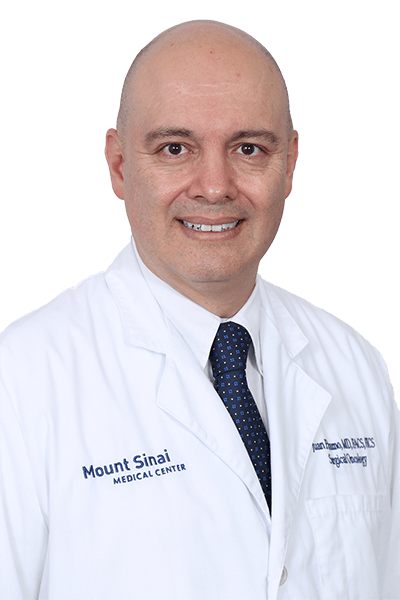It’s the year-round warm temperatures that attract many people to Florida. The Sunshine State encourages people to dine, play, and relax outdoors. But with the fun in the sun also comes a higher risk of developing skin cancers because of the increased sun exposure.
Skin cancer is the most common cancer in the United States and worldwide. Many cases of skin cancer including melanoma—the most deadly form of the disease—could be avoided by reducing or eliminating exposure to ultraviolet (UV) radiation. Here are some simple steps that you can take to protect yourself:
- Stay in the shade, especially during midday peak hours (10 AM to 4 PM)
- Wear clothing that covers your arms and legs
- Wear a hat with a wide brim to shade your face, head, ears and neck
- Wear sunglasses
- Use sunscreen with a sun protection factor (SPF) of 15 or higher
- Avoid indoor tanning
If you have fair skin, light hair and light eyes, you are at an even higher risk for skin cancer. The more exposure to UV rays during your childhood and adolescence, the higher risk you are for cancers later in life. Other people at a higher risk for melanoma include those with a compromised immune system and those with an increased number of moles.
What are the symptoms?
Talk to your doctor if you notice changes in your skin. Pay attention to anything suspicious such as a new growth, a sore that doesn’t heal, or a change in a mole. It can be difficult to tell the difference between melanoma and an ordinary mole. This is why it is important to consult with a doctor if you are unsure about any mole. At Mount Sinai, we have highly skilled physicians that offer a full range of advanced treatment options for melanoma that are tailored to meet the unique needs of each patient.
The bottom line: keep your skin protected while enjoying the Florida sunshine. Remember when melanoma is caught early, the prognosis is very good so talk to your doctor if you see any unusual spots on your skin.
Dr. Juan Paramo is an attending surgeon in surgical oncology at the Mount Sinai Comprehensive Cancer Center. He specializes in the treatment of breast cancer, thyroid cancer, melanoma and sarcoma.



